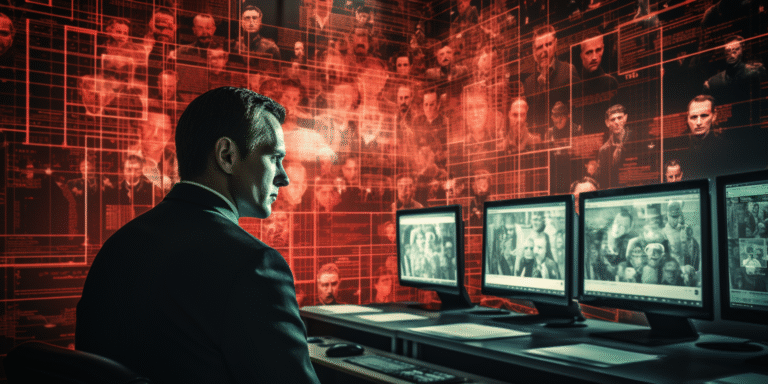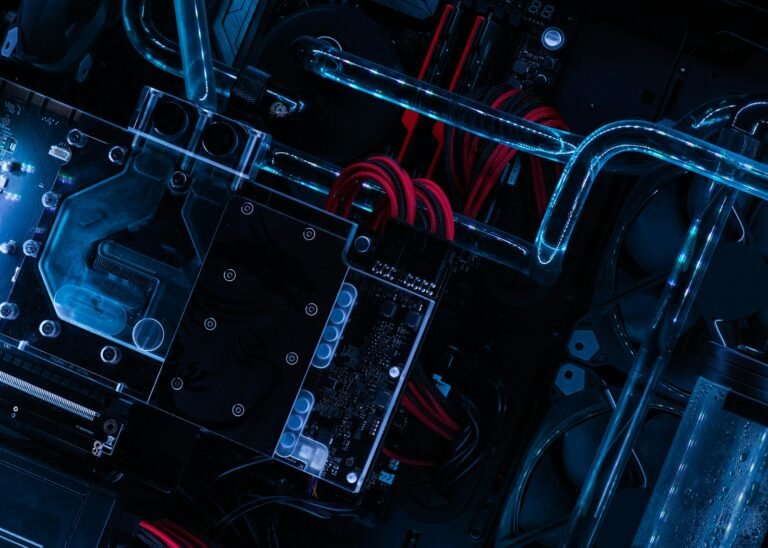Cyber Warfare: How Nations Are Fighting in the Digital Age
Nations are no longer just fighting with armies and weapons. They’re using cyberattacks as tools of power—quiet, fast, and often hard to trace. The Colonial Pipeline attack in May 2021, blamed on the Russian-linked group DarkSide, shut down fuel supplies across the eastern U.S. for days. It wasn’t just a glitch. It was a deliberate move to shake public confidence and create economic chaos. Same goes for the JBS cyberattack, which hit meat processing plants in North America and Australia. These aren’t isolated incidents. They show how attacks on one part of a system can ripple through global supply chains, affecting food, energy, and commerce. When critical infrastructure gets hacked, the fallout isn’t limited to data loss—it spreads to daily life, economies, and public trust.
The problem is that it’s nearly impossible to know who’s behind these attacks. Governments often point fingers at Russia after incidents like SolarWinds or election interference, but proof is rarely solid. Groups like Nobelium and REvil operate in the shadows, using encryption and fake identities to stay hidden. Without clear attribution, it’s hard to stop them or hold anyone accountable. Ransomware attacks have gone beyond just taking money. DarkSide and REvil now target systems to stop operations entirely—sometimes for days, sometimes for weeks. The Colonial Pipeline case, where over $2 million was paid, proves how vulnerable businesses and governments are to these tactics. Paying ransoms only fuels the cycle, giving hackers more resources to build better attacks.
Key Drivers of Modern Cyber Conflicts
- State-sponsored attacks are becoming more common: Governments are using cyber tools to pressure rivals, disrupt economies, and gain strategic advantage—without firing a shot.
- Attribution remains a major challenge: Proving who launched an attack is difficult, especially when hackers use layers of obfuscation and operate across borders.
- Ransomware is no longer just about money: It’s a weapon of disruption. Attackers target operations to create chaos, and victims often pay up to avoid collapse.
- International cooperation is slow and fragmented: While groups like Microsoft’s Ransomware Task Force try to coordinate responses, real progress depends on shared intelligence and trust between nations.
We’re living in a world where cyberattacks aren’t just a technical issue—they’re a form of warfare. Stopping them won’t rely on one solution. It’ll take better defenses, faster response plans, and a real willingness among countries to work together—despite political differences.







